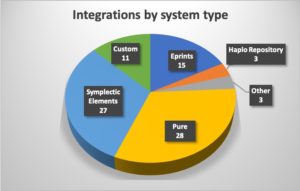HVAC Relay Guide: Key Factors for Safe and Reliable Operation
페이지 정보
작성자 Chester Blamey 작성일 25-10-09 18:38 조회 20 댓글 0본문
When selecting a relay for an HVAC system, it is crucial to match the relay's electrical ratings to the load it will control. Begin by checking the power needs of the motor or component being switched. While 24V AC is the standard for HVAC control wiring, the output side may demand higher voltage and current ratings for components like compressors or fans.
Always select a relay with a higher amperage rating than the maximum load to minimize risk of thermal failure and premature wear.
Consider the nature of the connected device. HVAC systems frequently involve inductive loads like motors, which generate transient electrical surges. These surges can fry contact surfaces, so use relays specifically designed for motor applications to dissipate energy safely. Relays certified for appliance applications are typically engineered to handle these conditions.
Environmental factors also matter. HVAC systems are often installed in locations with harsh ambient conditions. Choose a relay with an appropriate IP rating for dust and moisture protection to resist environmental degradation. If the relay is mounted outdoors or in an attic, confirm it is specifically approved for such environments. Additionally, if the relay is positioned in a high-vibration area, prioritize reinforced internal construction.
Compatibility with your control system is essential. Most HVAC control panels and smart thermostats use 24V AC control signals, رله so ensure the coil input is compatible with the signal source. A residential applications commonly use 24V coils, but larger buildings may require different voltages. Always check the manufacturer’s specifications for your thermostat or controller to confirm.
Look for relays with clear labeling and reliable brands. Avoid inferior generic models that may fail prematurely. Reputable manufacturers provide long-term guarantees and service backing. If replacing an existing relay, match the OEM specification to a verified alternative.
Lastly, think about future maintenance. Choose relays with screw terminals or easy access to enable minimal downtime. Solid state relays can be an option for quieter operation and longer life, but they require adequate thermal management and may be costlier to source. For most residential HVAC applications, electromechanical relays remain the most reliable and cost-effective choice. Always de-energize the circuit prior to service, and inspect for correct phasing and grounding to ensure safe and compliant operation.

댓글목록 0
등록된 댓글이 없습니다.


